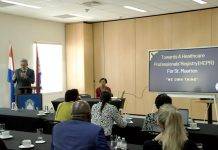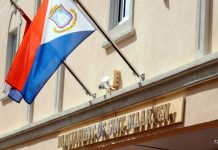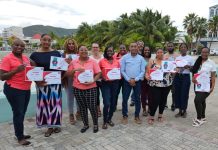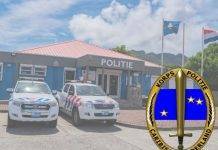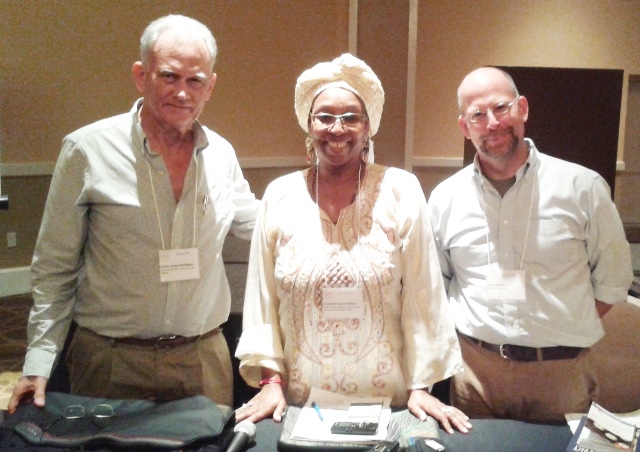
GREAT BAY, St. Martin (June 16, 2017)—“A persistent ignorance about the Dutch Antilles literature exist among the English, Spanish, and French-speaking Caribbean.” That is how Emilio Jorge Rodríguez introduced a main idea of his paper, “Dutch Antilles Novelists and the Caribbean Literary Canon,” at the Caribbean Studies Association (CSA) conference in The Bahamas, June 7, 2017.
The “persistent” challenge that the Cuban literary scholar pointed out is one that literary historians and reviewers such as Wim Rutgers, Fabian Badejo, and Hans Vaders have previously touched on. It explains in part why noted authors like Cola Debrot and Pierre A. Lauffer are not better known in St. Martin, in the wider Caribbean, and beyond, said Lasana M. Sekou, projects director at House of Nehesi Publishers (HNP).
Rodríguez, whose books have been translated and published here by HNP, has stepped up the discussion in his conference paper. “There is a confluence of Dutch, Papiamento, Spanish, and English languages in the literary production of Aruba, Bonaire and Curaçao,” said Rodríguez.
However, “the barely dissemination, translation, and publishing” of the literature “requires a meditation about themes, styles, movements, and to establish links with the rest of the region,” said Rodríguez, one of three Caribbeanists on the CSA panel entitled “The Caribbean and the World.”
According to Rodríguez, his paper is part of the endeavor to “create conscience in the academic field about this balkanized situation, and give attention to authors like Cola Debrot, Tip Marugg, Boeli van Leeuwen, Gilberto E. Rosario, Pierre A. Lauffer, Frank Martinus Arion, Diana Lebacs, and Quito Nicolaas, among others.”
“Rodríguez has been studying the literatures of the Netherlands colonies in the region for over 30 years. He is considered an expert on St. Martin literature; and is also well published by leading Cuban publishers,” said Sekou.

